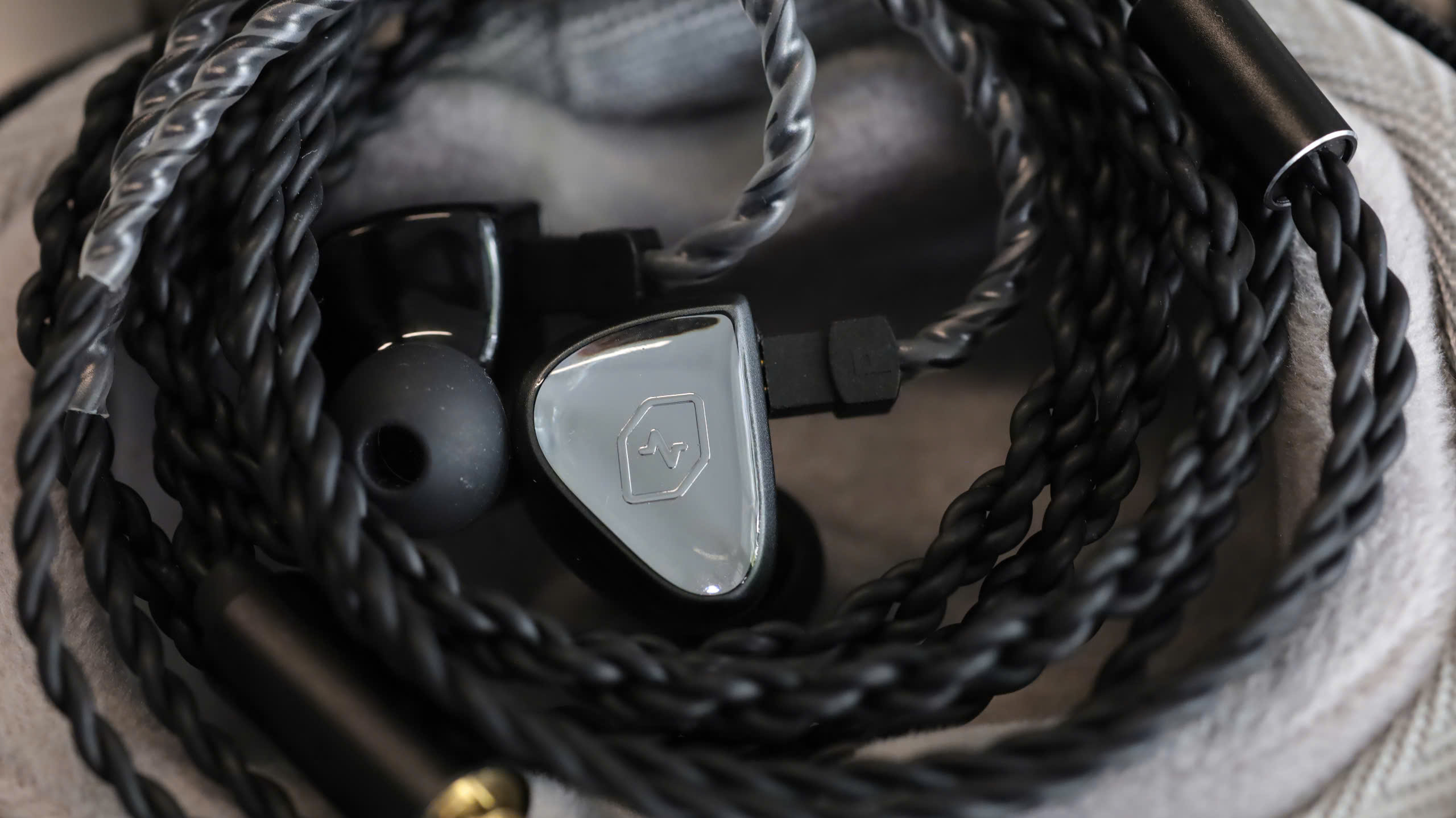Cayin C9II Portable Headphone Amplifier
Product Highlights
1. Gen5 Nutube 6P1 Vacuum Tube Audio Circuit
Cayin has applied this vacuum tube to multiple products, including the N8, C9, N8ii, and N30LE, and now the C9ii. After years of continuous circuit experimentation and technical refinement, Cayin has equipped the C9ii with an adjustable anode (plate) voltage feature and the highly praised Classic and Modern dual tube timbre. This adjustable plate voltage feature offers two levels: high and low.

1.1 Dual Tube Timbre Circuit
∙ Modern Sound: Introduces a large-loop negative feedback system, with total gain determined by the large-loop negative feedback circuit. By incorporating negative feedback over multiple amplification stages, the total harmonic distortion (THD) will be reduced significantly. The harmonic distortion characteristics and sound signature lean more toward a modern style, with greatly reduced thermal noise and a slightly cleaner tube sound. The original C9 was designed with a similar NFB circuit.
∙ Classic Sound: No large-loop negative feedback; each stage operates independently through local feedback, with the overall gain determined by the cumulative gain of each stage. The distortion characteristics of the tube amplification circuit dominate the sound signature, resulting in a higher THD value. The distribution of harmonic distortion and the sensor signature exhibit a classic vacuum tube amplification circuit, with relatively more thermal noise and a richer vacuum tube presentation. The N8 DAP was designed with a similar NFB circuit.
1.2 Anode (High/Low)
Cayin introduces a new feature, “Anode” to C9ii. The High/Low adjustable anode (plate) voltage further enriches and refines the range of vacuum tube timbre. The working principle is that applying different operating voltages to the plate of the vacuum tube alters its operating state, ultimately affecting the sound signature of the timbre circuit. This mainly manifests in changes in audio linearity, and it will adjust the overlay, spectrum, amplitude, and ratio of second-order harmonic, resulting in perceptible audible differences.
∙ Classic + Anode (H): The richest tube sound, with intense emotional depth, suitable for vocal music with a lot of details.
∙ Classic + Anode (L): Slightly lighter tube sound, suitable for vocals with thicker tones.
∙ Modern + Anode (H): Less tube character, with moderate smoothing in the midrange and a slight sweetness added.
∙ Modern + Anode (L): Minimal tube coloration, without affecting resolution and definition.
∙ Solid State sound: Balanced across the entire frequency range, musical without tube coloration.
2. Fully Discrete, Fully Symmetric Differential Headphone Amplifier
The C9ii's headphone amplification circuit is significantly different from that of the first-generation C9. While both amplifiers employ a fully discrete, fully differential four-channel headphone amplification circuit, the C9ii adopts a fully symmetrical circuit architecture.
2.1 Fully-symmetric Headphone Amplifier
Cayin has designed a three-stage amplification circuit to embrace the fully symmetric design into C9ii: a differential input stage, a voltage amplification stage, and a power driver stage.
Stage One: Symmetric JFET Common-source Differential input amplifier.
Stage Two: Symmetric BJT Common-emitter Push-Pull Differential Voltage Amplifier.
Stage Three: Symmetric BJT Common-collector Push-Pull Parallel Current Amplifier(emitter follower).
2.2 Negative FeedBack (NFB)
The C9ii has an integrated precision control circuit that allows the headphone amplifier to operate in various modes such as NFB/LFB, Class A/Class AB, Hyper, single-ended, and balanced input/output modes.

On the C9ii, when NFB is on (indicator light on), the audio output presents more spatiality with stellar dynamic range, excellent transient response, and relatively fewer harmonics, delivering more neutral sound with impressive detail and speed. Audiophiles frequently associate these changes with “higher resolution.” On the other hand, when NFB is off (indicator light off), the audio output displays richer harmonics. You can hear a more cohesive and full-bodied presentation, with stronger imaging and more textured and elastic mid-bass frequencies.
Total Sound Shaping Options:
Timbre: 3 options (Classic Tube, Modern Tube, Solid-state)
Amplification Mode: 3 options (Class A, Class AB, Hyper)
Anode: 2 options (High, Low)
NFB: 2 options (On/Off)
Input mode: 2 (Line, Pre)




Đang cập nhật
Đang cập nhật

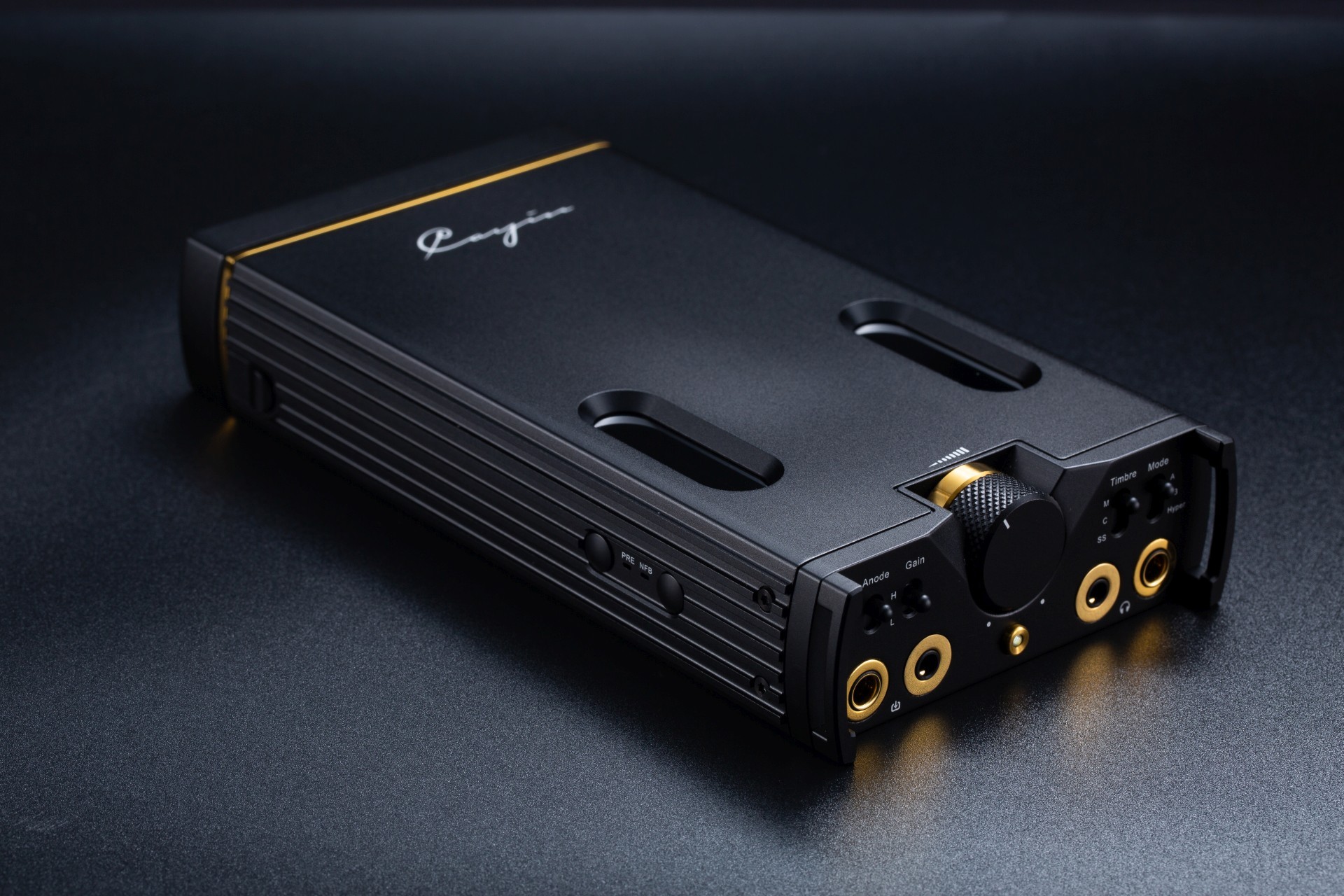
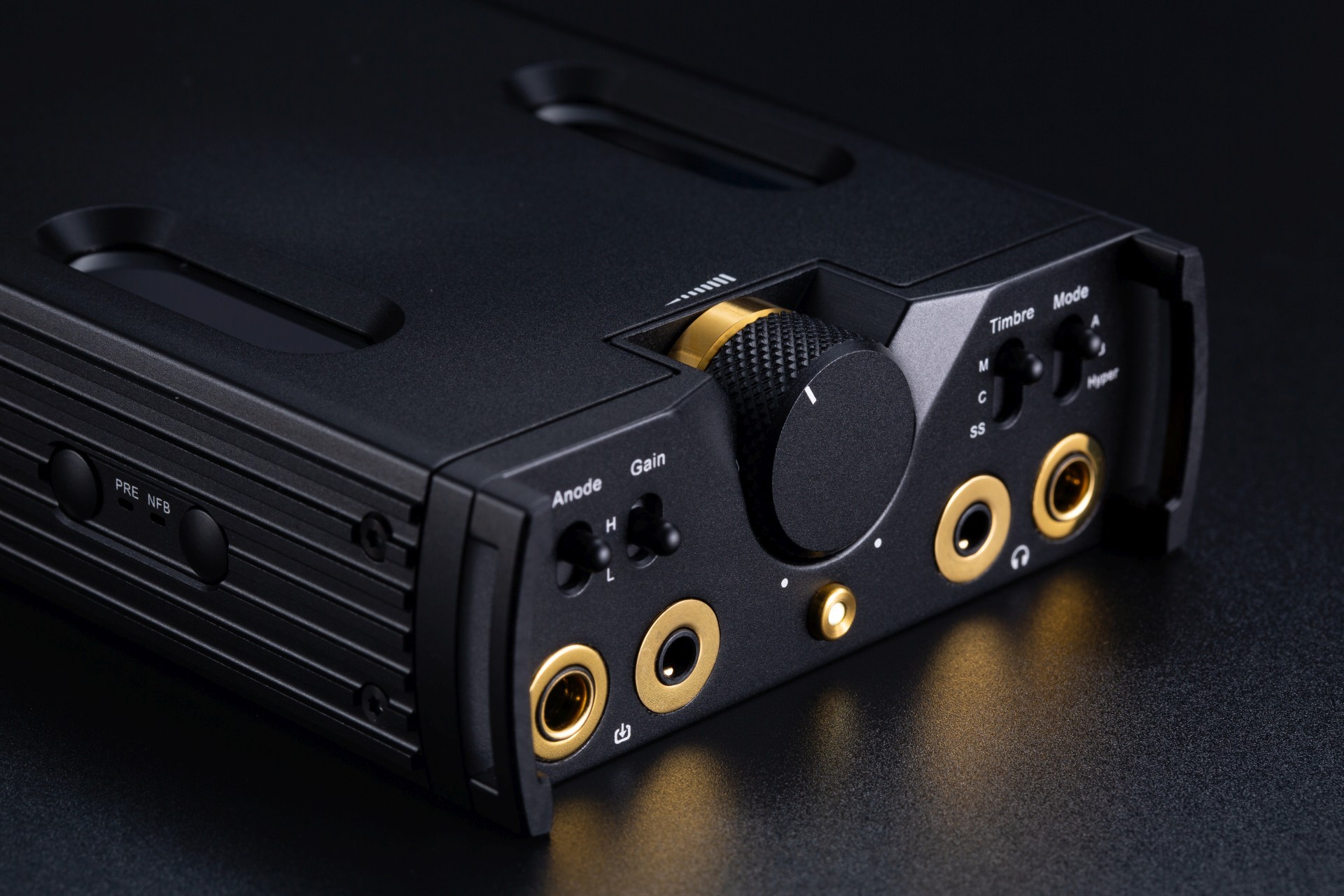
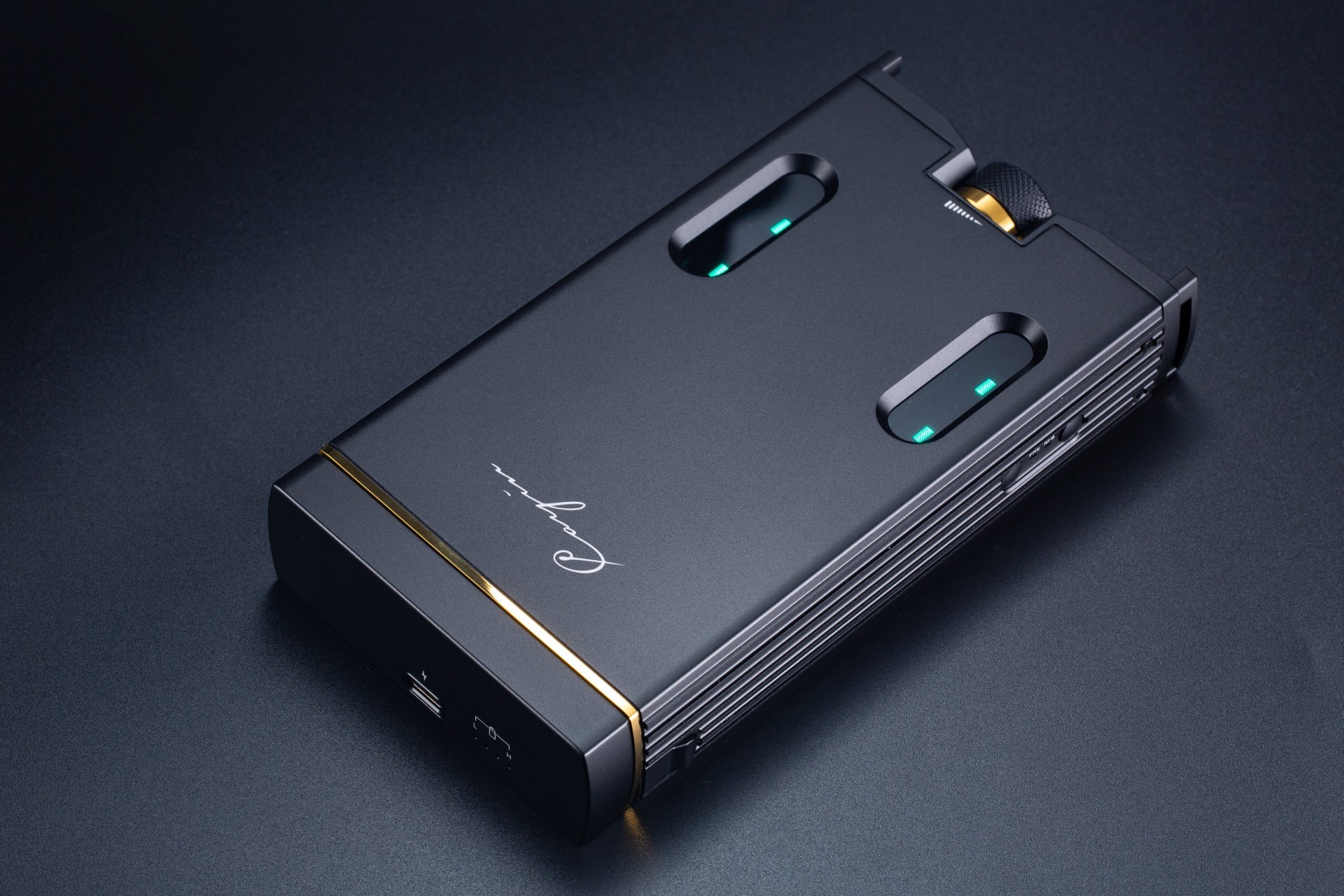
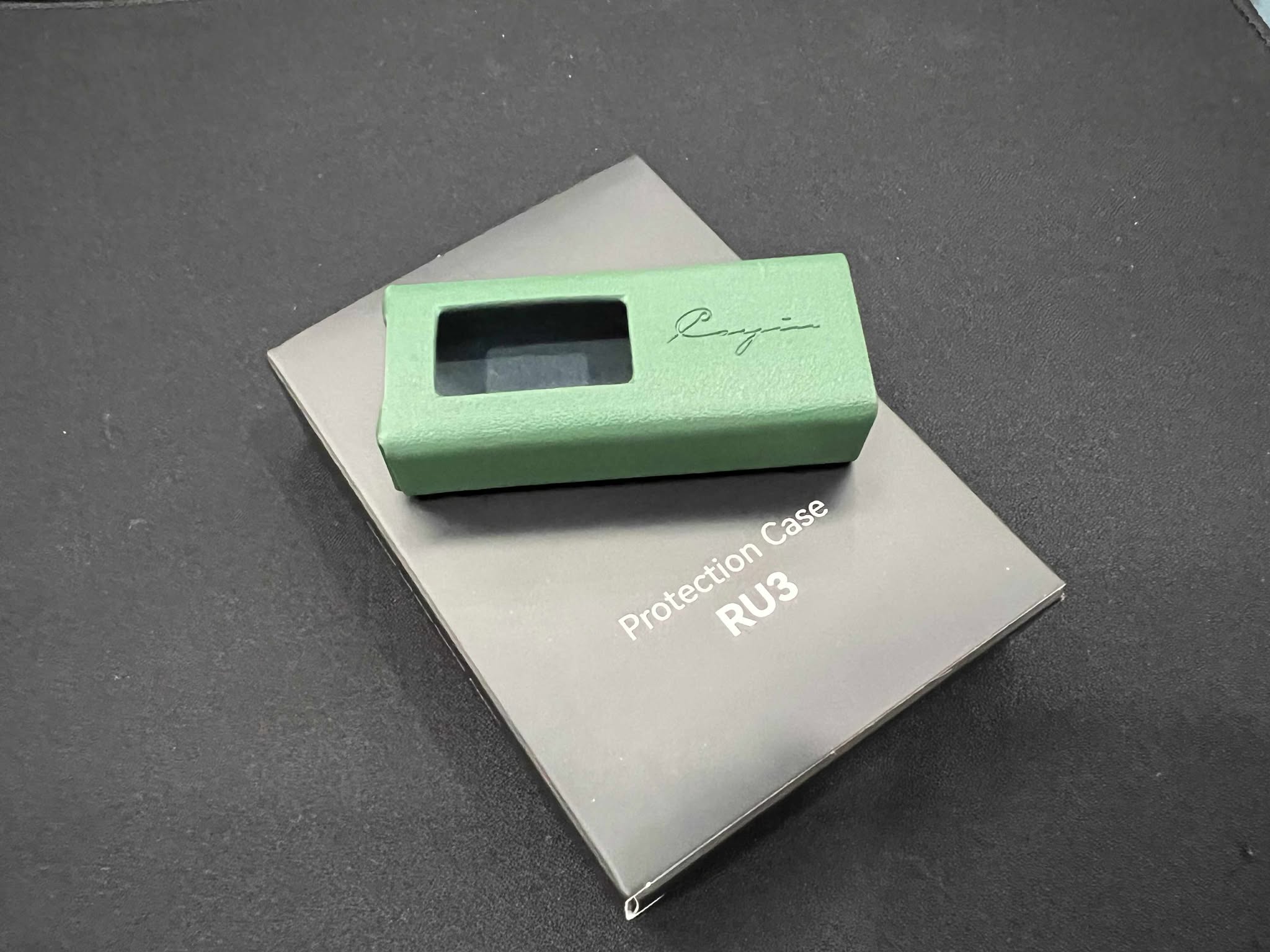

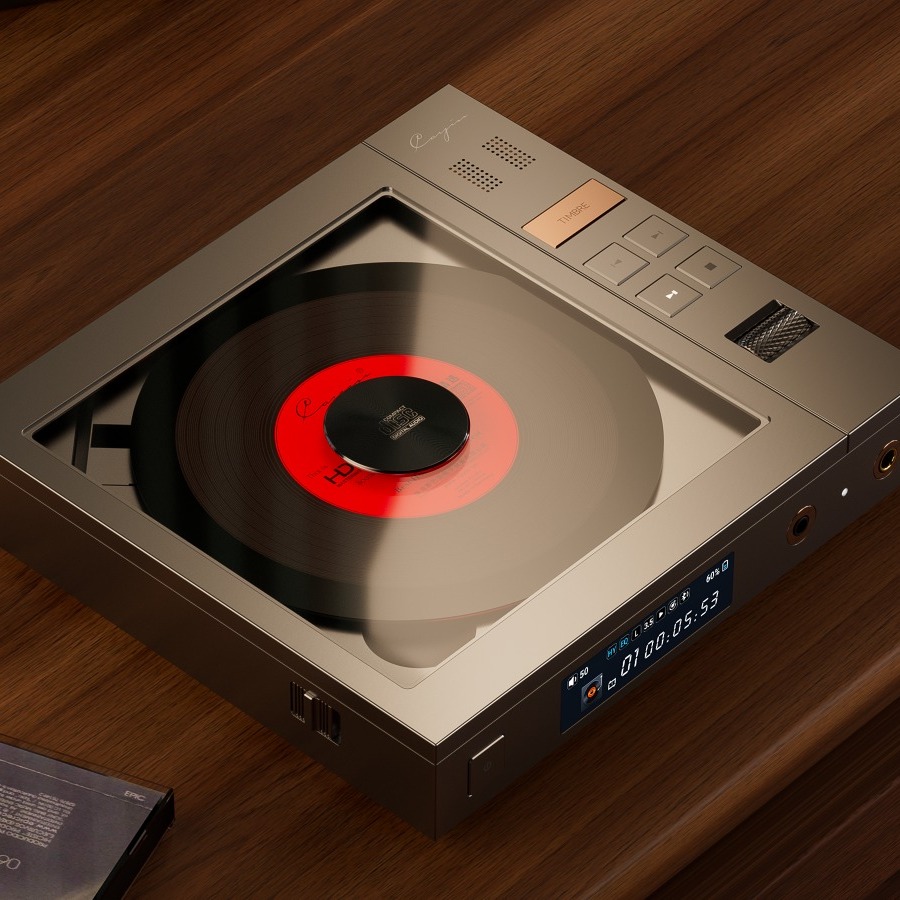


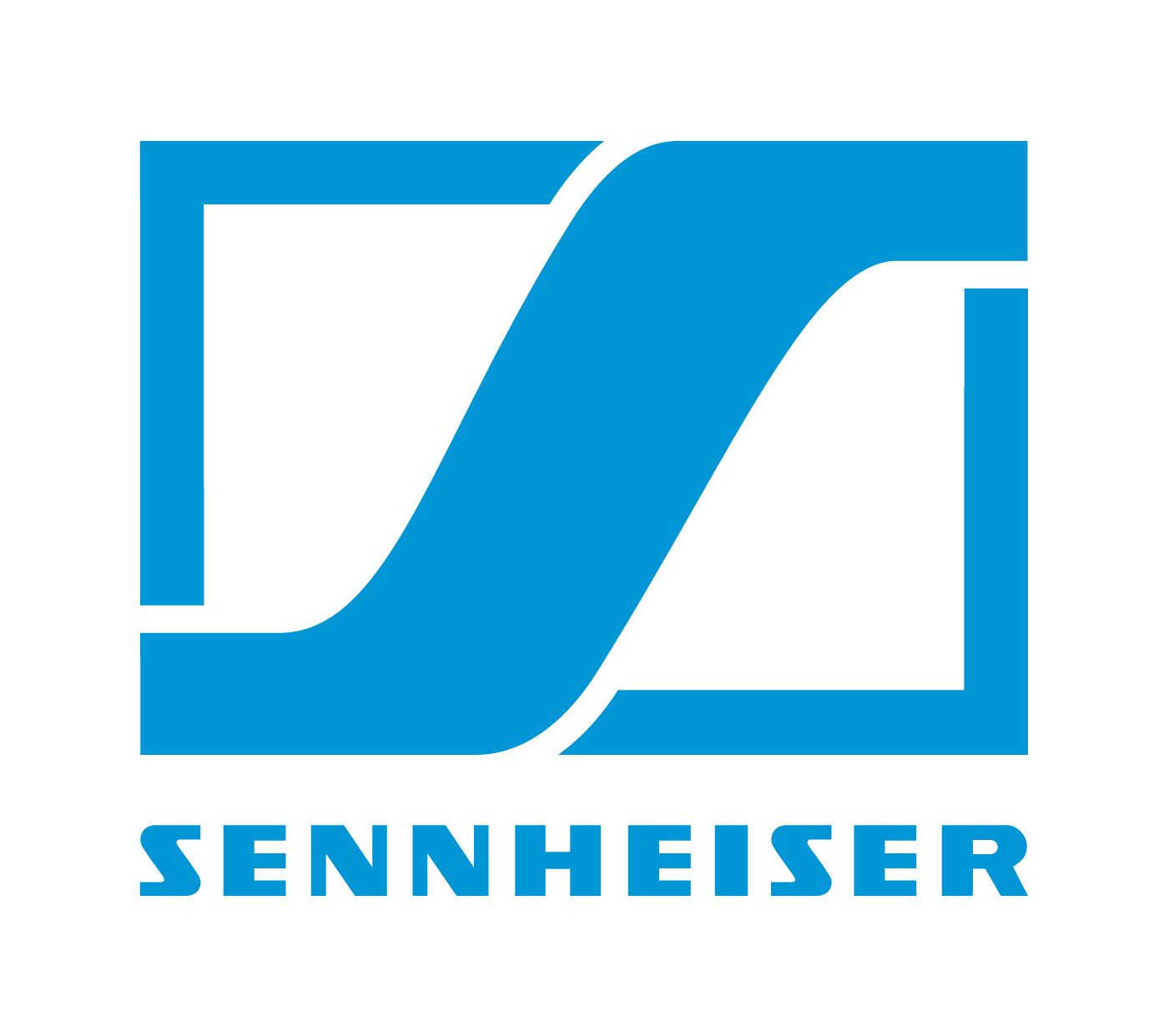


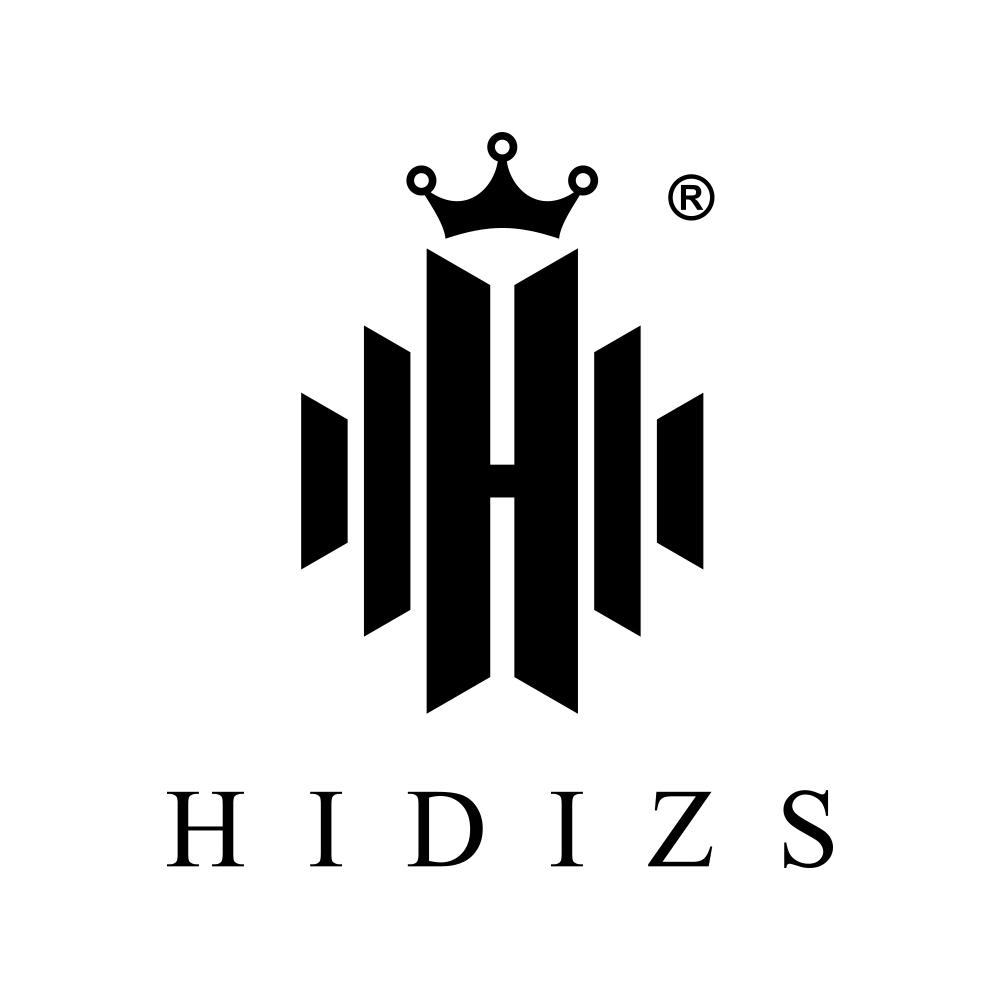




.png)


